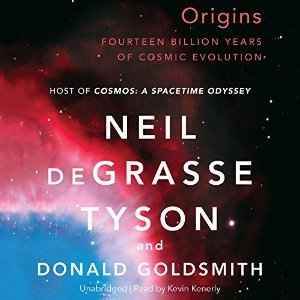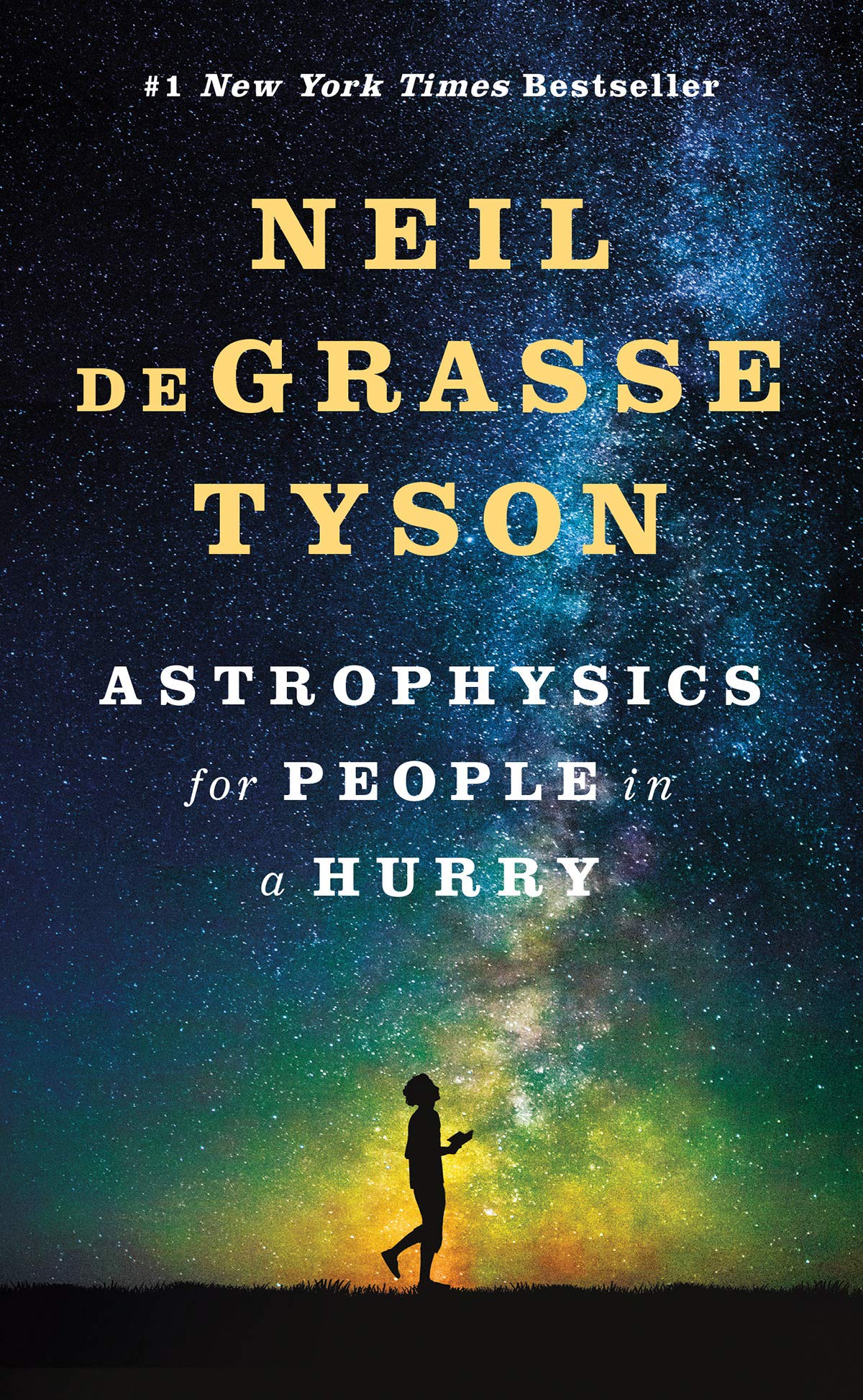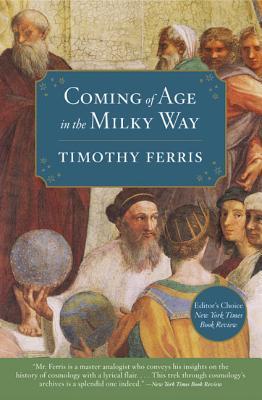
Origins: Fourteen Billion Years of Cosmic Evolution
Book Description
Unravel the epic saga of existence itself, from the explosive birth of the cosmos to the delicate dance of life on Earth. Dive into the awe-inspiring journey of stars, galaxies, and the intricate web of matter that shapes our universe. Tyson masterfully weaves the science of cosmic evolution with the profound questions that have haunted humanity for eons. With every page, discover the interconnected threads of time and space that have led to the emergence of consciousness. What secrets lie in the vastness of the universe, waiting to challenge everything we think we know?
Quick Book Summary
"Origins: Fourteen Billion Years of Cosmic Evolution" by Neil deGrasse Tyson unravels the monumental story of our universe, guiding readers through an epic journey from the Big Bang to the present day. Tyson vividly depicts the birth and evolution of the cosmos, stars, galaxies, and planetary systems, ultimately leading to the emergence of life on Earth. The book balances accessible explanations of complex scientific phenomena with thought-provoking reflections on humanity's place in the universe. Tyson highlights how cosmic processes forged the fundamental ingredients for life, and how science enables us to piece together our cosmic ancestry. With clarity and enthusiasm, "Origins" invites us to marvel at the interconnectedness of everything and contemplate the profound mysteries that still surround our cosmic heritage.
Summary of Key Ideas
Table of Contents
The Birth and Evolution of the Universe
The narrative begins with the universe's explosive birth in the Big Bang, marking the inception of space, time, and matter. Tyson details how, within seconds, energy cooled to form subatomic particles, eventually creating hydrogen and helium. Gravity coaxed these elements into denser clumps, birthing the first stars and galaxies. Throughout, the author illuminates how observable evidence such as cosmic background radiation supports our understanding of these primordial events.
Formation of Stars, Galaxies, and Planets
From the initial chaos, cosmic structures grew increasingly complex. Inside stellar furnaces, nuclear fusion forged heavier elements. Tyson explains how successive generations of stars lived and died, seeding interstellar space with the raw materials for planets and life. The processes of star and galaxy formation are recounted with awe, emphasizing the intricate dance of gravity, energy, and matter that underpins the formation of solar systems like our own.
Genesis of Chemical Elements and Life
The book then investigates how our solar system and Earth emerged from cosmic evolution. Tyson explores the immense improbability of terrestrial planets, describing the many factors necessary for life as we know it. He connects the composition of our planet—and ourselves—to the cosmic production of elements in ancient stars, reinforcing the idea that we are literally made of "star stuff." This cosmic genealogy is both humbling and exhilarating.
Earth’s Unlikely Place in the Cosmos
A pivotal theme is the evolution of life on Earth as a natural extension of cosmic processes. Tyson details theories regarding the origins of life, the shaping of Earth's surface, and the environmental shifts that led to complex organisms and consciousness. Here, the interconnectedness of all life forms is stressed—each part of a continuum that extends back to the universe’s origins, offering a profound sense of unity.
Humanity’s Quest to Understand the Universe
Finally, Tyson discusses humanity’s enduring curiosity and the quest to understand the universe. He celebrates scientific progress, from Galileo’s telescopic revelations to contemporary discoveries in astrophysics. Tyson argues that by seeking answers to cosmic mysteries, we both enrich our knowledge and confront deeper philosophical questions about existence. Cosmos, he suggests, is not just the subject of scientific inquiry, but a source of wonder that binds us to the grand tapestry of existence.
Download This Summary
Get a free PDF of this summary instantly — no email required.



![The Whole Shebang: A State-of-the-Universe[s] Report cover](https://images-na.ssl-images-amazon.com/images/S/compressed.photo.goodreads.com/books/1347278841i/310330.jpg)

